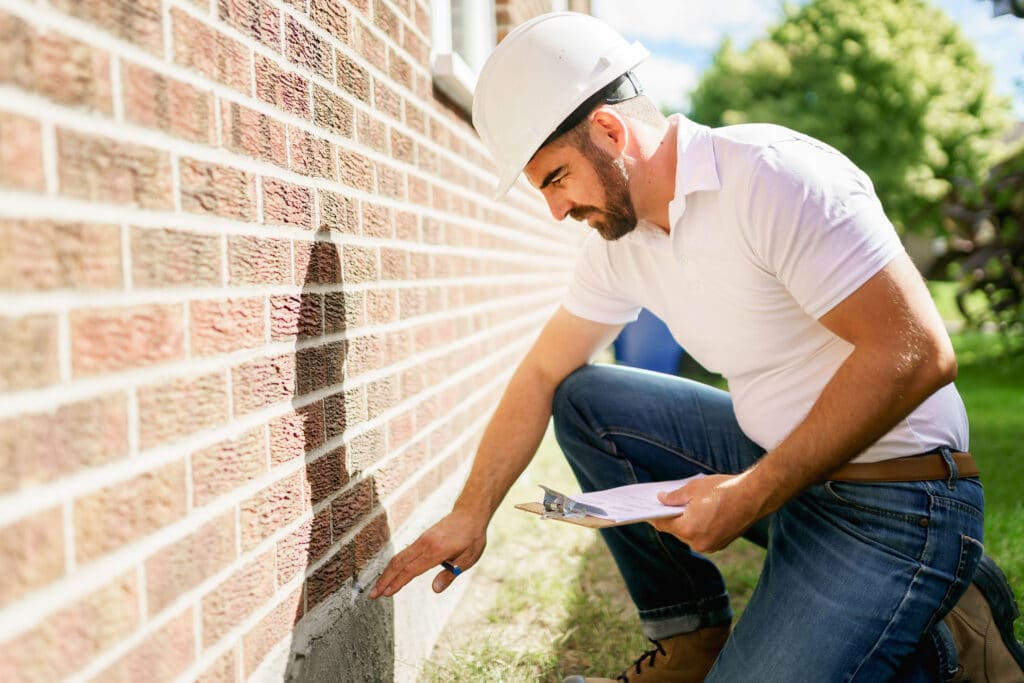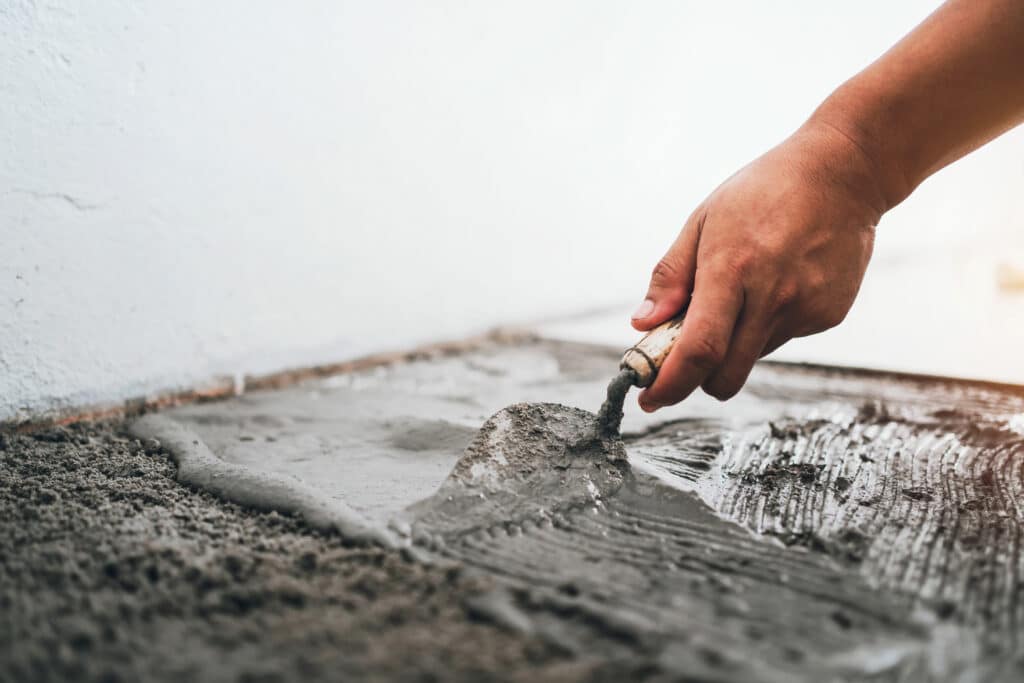Common Causes of Foundation Problems in Portland
A home in Portland might experience foundation issues for numerous reasons. Some are specific to the local environment, while others are widespread nationwide. They include:
- Improper modifications: Landscaping or roofing work that wasn't completed to standard could lead to your foundation settling.
- Soil composition: Soil with large sand or clay concentrations is highly expansive. In the heavy rainfall Portland gets, the soil soaks up moisture like a sponge, then releases it in dry seasons. The constant expansion and contraction stresses nearby foundations, even if the foundations keep dry.
- Standing water: Standing water around your home can be a menace to your foundation, especially when it gathers in areas your gutters don't cover.
- Tree Roots: Tree roots can intrude into a home's foundation through crevices, and may apply force that causes your foundation fracturing, pipes leaking, and overall structural weakening.
How to Choose the Best Foundation Repair Company
Your home's foundation is crucial to its stability, so it's important to work with a quality foundation repair provider. Assess each provider using the following criteria:
Licensing and Experience
Oregon foundation repair companies need either a Residential General Contractor or Residential Specialty Contractor license from the state Construction Contractors Board. You can also get a sense of a company's experience through the information its team gives you. Ask about its inspection methods, local codes, permit-pulling procedures, and fees.
Another way to assess a company's standing is to look at its website. There, you can learn how long it's been in business and its trade accreditations. It might also share knowledge and insights through blog posts, podcasts, or videos.
Customer Reviews
We suggest checking the company's Better Business Bureau (BBB) profile to find out whether it's accredited and has a positive customer review score. You can check whether other homeowners have shared satisfaction or filed complaints. Pay special attention to what customers say about company warranties. Negative feedback doesn't mean a contractor is unreliable. BBB reviews show how the company dealt with complaints. It's a good sign if the company has settled issues proactively and appropriately. You should avoid a company with more negative reviews, no credentials, and no communication regarding issues.
Foundation Repair Cost in Portland
The price of foundation repair can range widely based on the extent of the issues and what needs to be fixed. For minor foundation fissures and settling issues, you may pay as little as $1,800. However, if there is considerable damage, the average cost is about $2,400. More complex projects requiring tunneling, helical piers, or major mudjacking could cost $6,700+. See below the average foundation repair costs for common issues.
| Common Foundation Repair Services | Average Cost |
|---|---|
| Crack Repair | $293 |
| Leak Repair | $2,261 |
| Stabilization | $3,850 |
| Underpinning | $1,126 |
| Waterproofing | $2,488 |
Ready to Get a Quote on Your Foundation Repair Project?
Please enter a valid 5-digit zip code!
Frequently Asked Questions About Foundation Repair in Portland
What will I pay to repair my foundation in Portland?
Can a foundation always be fixed?
Will my homeowners insurance cover foundation repair?
Do Portland foundation repair companies offer warranties or guarantees?
To share feedback or ask a question about this article, send a note to our Reviews Team at reviewsteam@thisoldhousereviews.com.
More Foundation Resources
National Foundation Repair Ranking Methodology
Sources
U.S. Census Bureau (American Communities Survey)
















